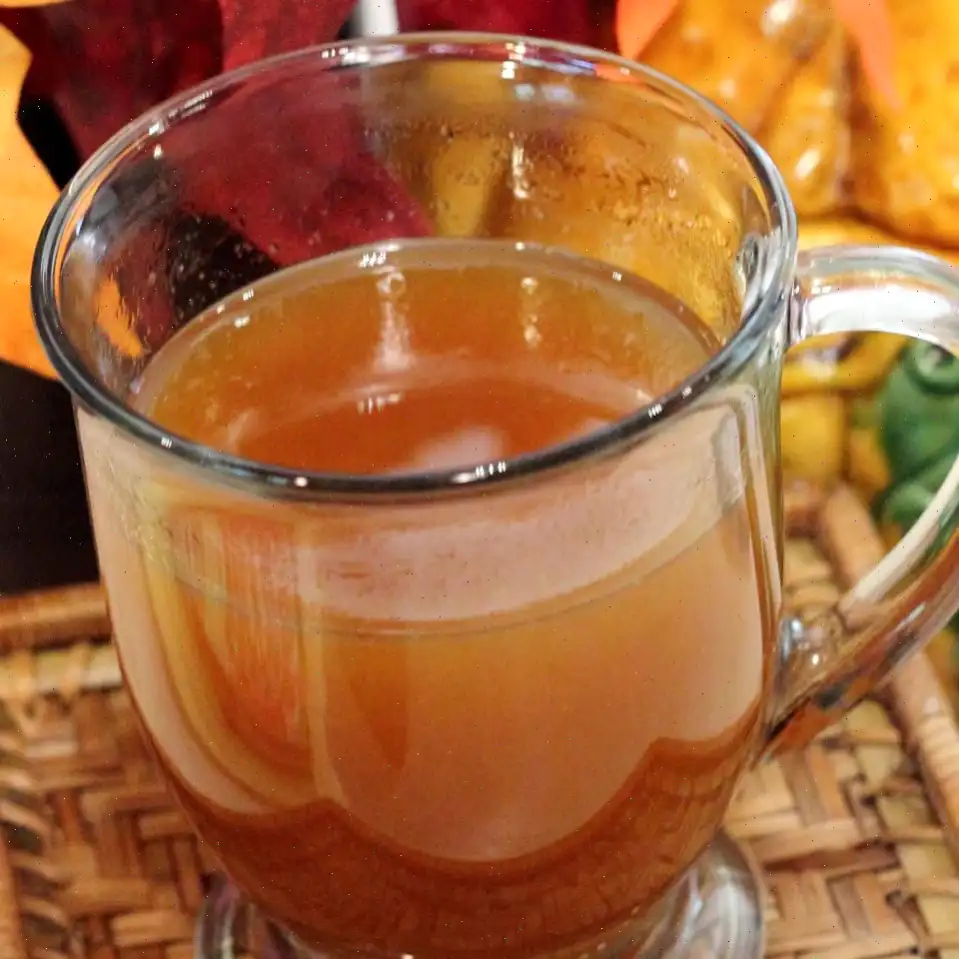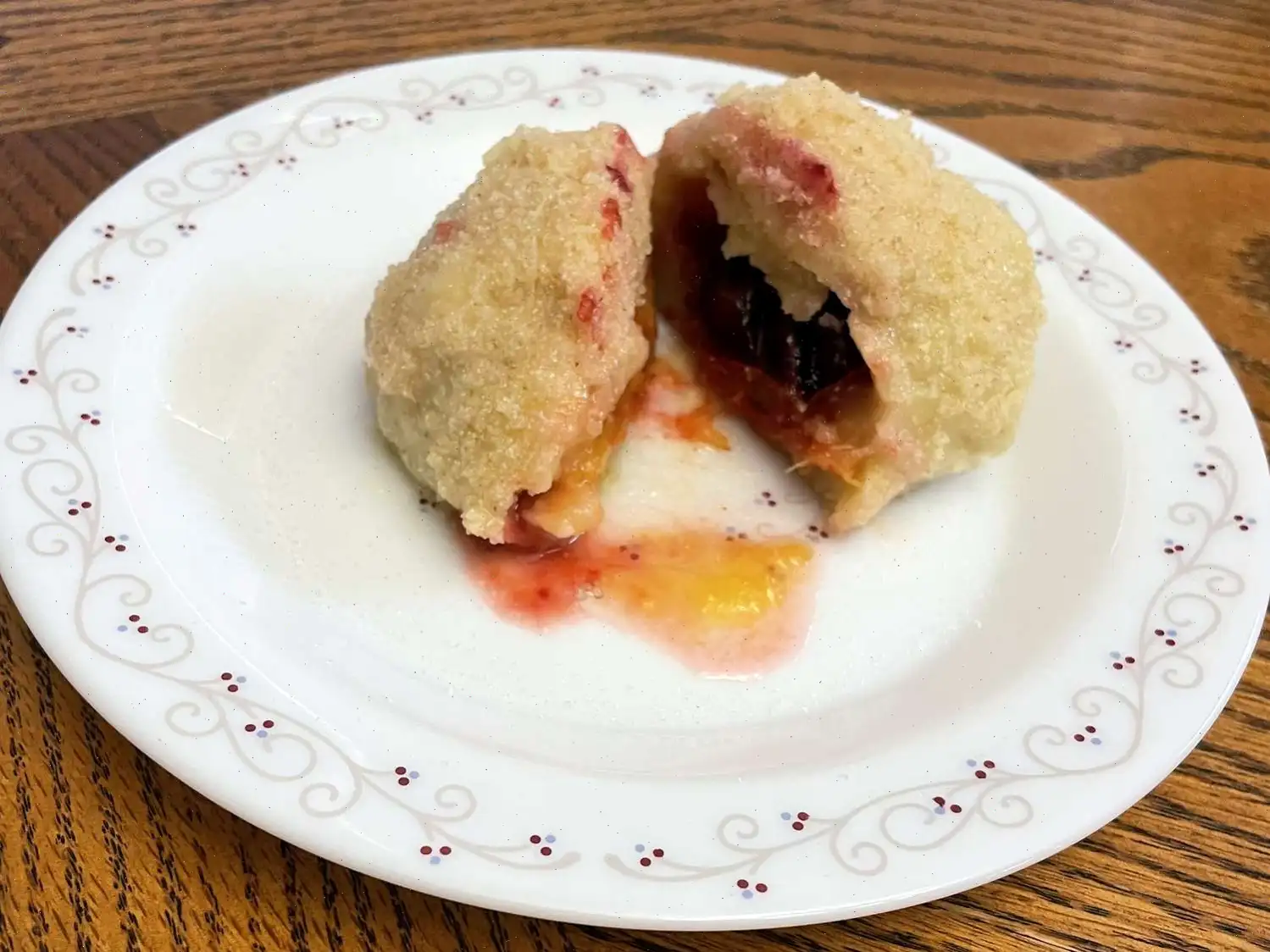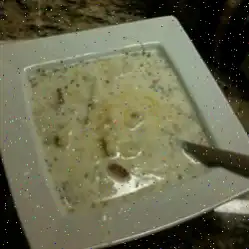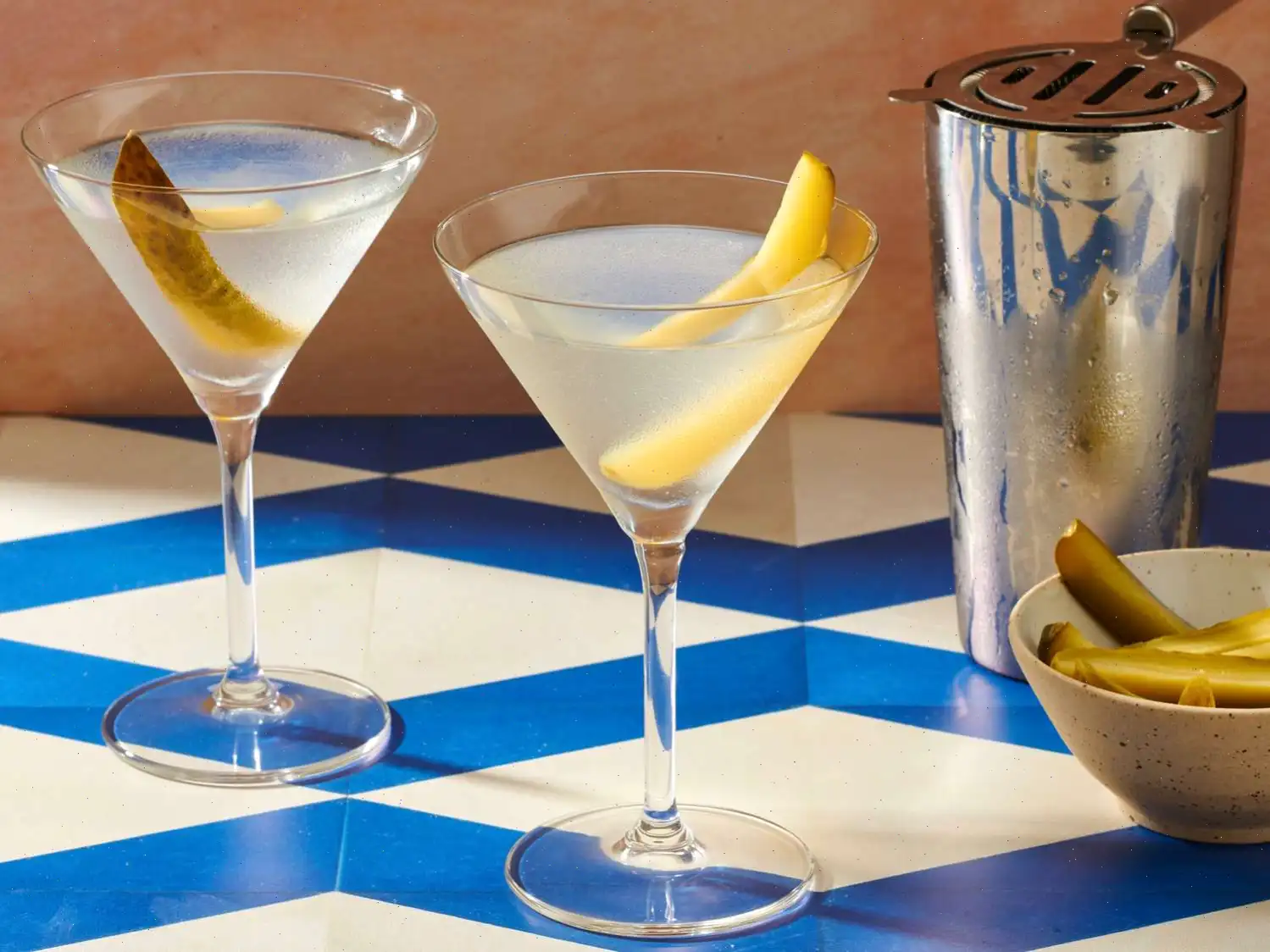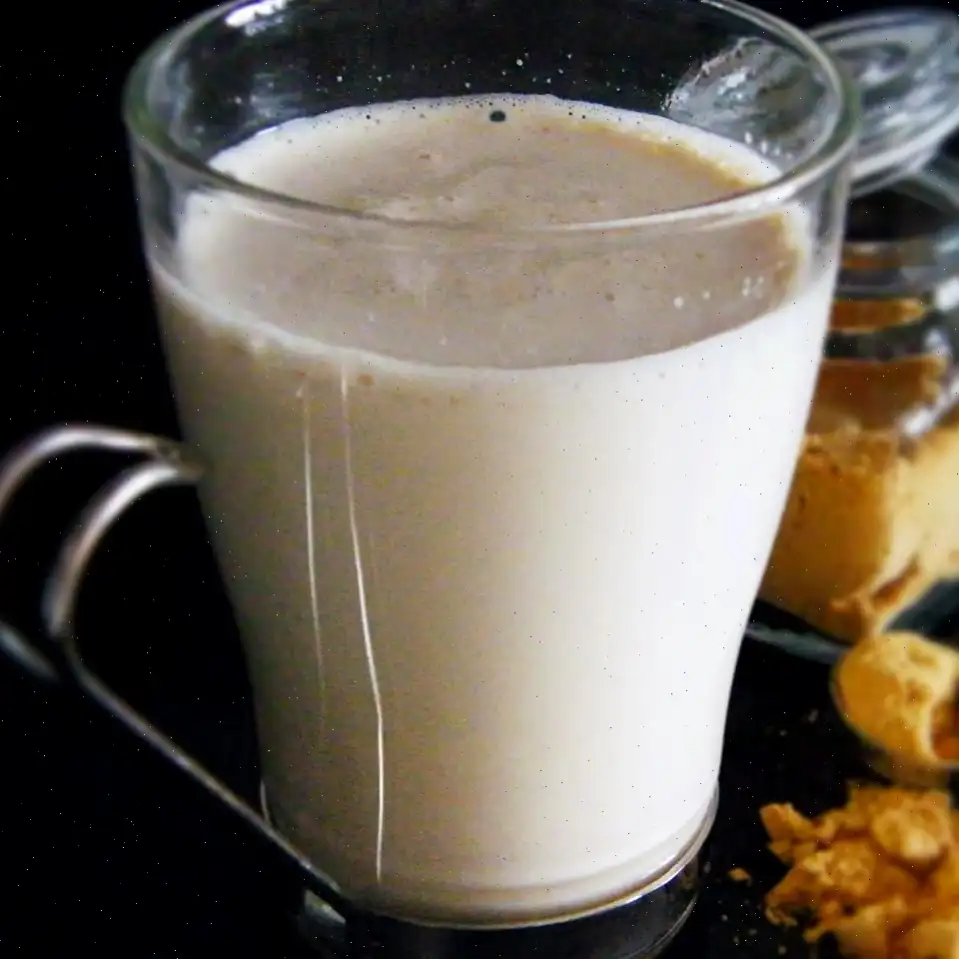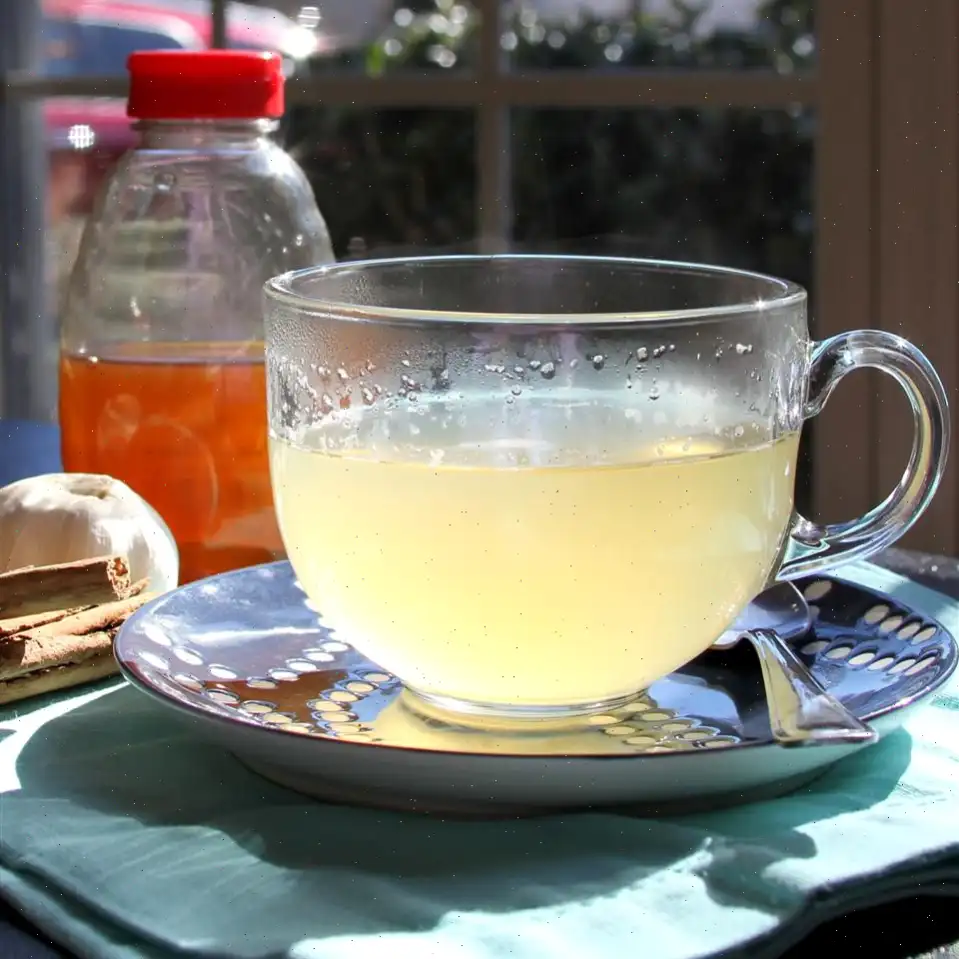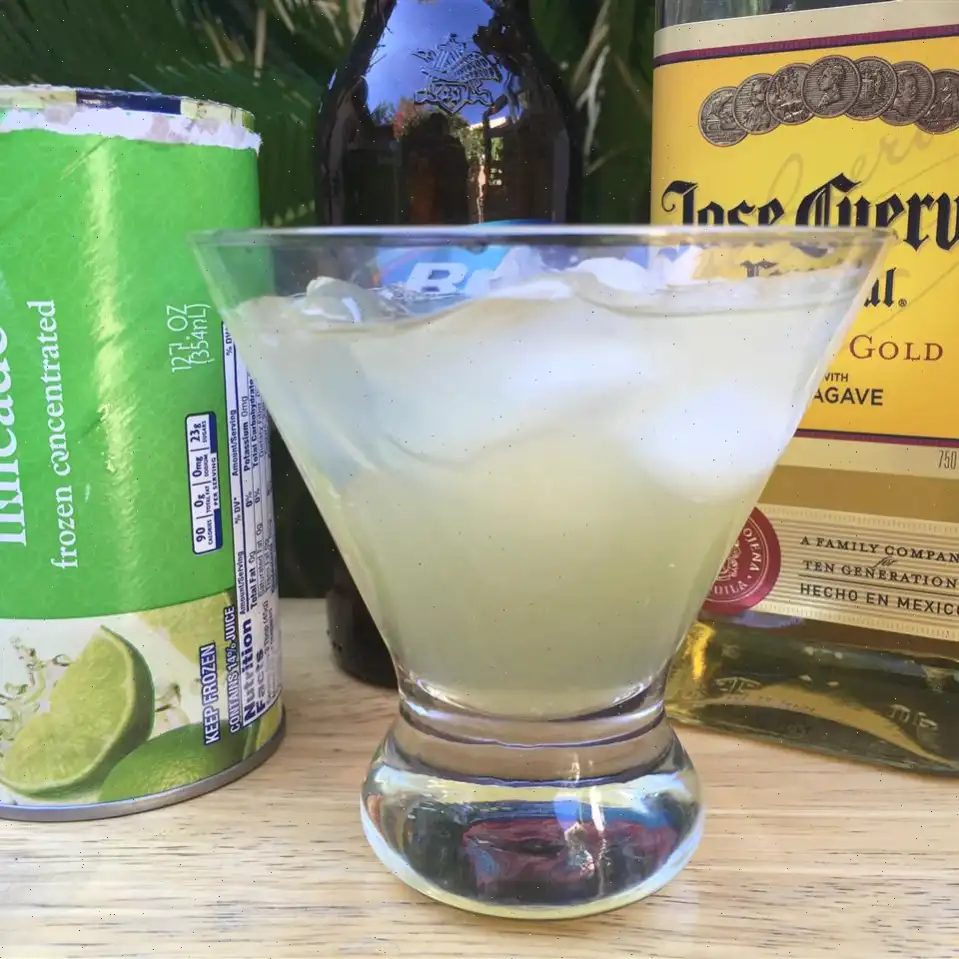
Hot Spiced Tea for the Holidays Recipe
Spiced Fruit Tea Recipe
This warm, spiced fruit tea is perfect for cozy moments. The blend of aromatic spices and fresh fruit juices will add a delightful kick to your day. Follow these simple steps to create a refreshing beverage that everyone will love!
Ingredients (for 6 servings):
- 6 cups water
- 1 teaspoon whole cloves
- 1 (1 inch) piece cinnamon stick
- 6 tea bags (such as Lipton)
- cup orange juice
- cup white sugar
- cup pineapple juice
- 2 tablespoons lemon juice
Directions:
- Start by pouring 6 cups of water into a pot. Add the whole cloves and the cinnamon stick. Bring the water to a boil, then remove the pot from the heat.
- Place the tea bags into the hot water and let them steep. The longer you steep, the stronger the flavor, but aim for at least 5 minutes. Once the tea has reached your desired strength, remove and discard the cloves, cinnamon stick, and tea bags.
- In a separate saucepan, combine the orange juice, white sugar, pineapple juice, and lemon juice. Stir the mixture and bring it to a boil over medium heat.
- Cook the juice mixture for a couple of minutes, stirring occasionally, until the sugar has completely dissolved.
- Once the juice mixture is ready, pour it into the brewed spiced tea. Stir well to combine the flavors.
- Serve the hot tea immediately, and enjoy the sweet and spicy warmth!
Cook's Note:
If possible, use fresh juices that contain pulp. They offer a richer and more vibrant flavor. For the best taste, opt for canned pineapple in light syrup, and set aside any pineapple chunks for your next baking project.
Store any leftover tea in the refrigerator. You can easily reheat it whenever you're in the mood for a comforting cup.
Nutrition Facts (per serving):
- Calories: 87
- Total Fat: 0g
- Sodium: 9mg
- Total Carbohydrates: 22g
- Dietary Fiber: 0g
- Total Sugars: 20g
- Protein: 0g
- Vitamin C: 19mg (21% DV)
- Calcium: 16mg (1% DV)
- Iron: 0mg (1% DV)
- Potassium: 185mg (4% DV)
Note: Percent Daily Values are based on a 2,000 calorie diet. Your daily values may be higher or lower depending on your calorie needs. For specific dietary advice, consult a healthcare provider or dietitian.
This delightful recipe for Hot Spiced Tea brings together the comforting flavors of cloves, cinnamon, and citrus juices, creating a cozy drink perfect for the holiday season. It's a beverage that not only warms you up but also fills the air with festive aromas. Below, we explore the origins, regional variations, and interesting facts about this beloved drink.
Origin of Hot Spiced Tea
The tradition of spiced tea dates back to various cultures, with the idea of infusing tea with aromatic spices being common in many parts of the world. While spiced tea has deep roots in Europe, particularly in Scandinavian countries where spices like cloves and cinnamon are frequently used in holiday beverages, the American version, often referred to as "Russian Tea," gained popularity in the mid-20th century. This particular recipe for Hot Spiced Tea is an American adaptation, adding a tangy twist with the use of fresh citrus juices, creating a warm drink that's become a staple at holiday gatherings in many households.
Regional Variations
Though the base ingredients of spiced tea are similar across different cultures, each region adds its own twist. In the Southern United States, for example, spiced tea is often served as a holiday drink, with some variations including additional ingredients like fruit punch or even a hint of bourbon for an extra kick. In contrast, the traditional Russian Tea (which inspired this recipe) typically features a dry mix of orange-flavored drink powder, sugar, and spices, creating a more concentrated and sweeter version of the drink. The key difference with Hot Spiced Tea is its use of fresh, whole ingredients like cinnamon sticks, whole cloves, and real fruit juices, giving it a more natural and vibrant flavor profile.
How It Differs from Similar Dishes
While it shares similarities with other spiced beverages like mulled cider or hot toddies, Hot Spiced Tea stands out due to its lightness and the balance of its flavors. Mulled cider, for instance, is typically made with apple cider and more warming spices like nutmeg and allspice. Hot toddies, on the other hand, often include alcohol, making them a bit stronger in both flavor and effect. Hot Spiced Tea, however, is a non-alcoholic drink, making it suitable for all ages. Its use of tea as the base, combined with the tartness of citrus juices, gives it a more refreshing taste compared to the heavier sweetness of mulled cider or the warmth of a toddy.
Where Its Typically Served
Hot Spiced Tea is most commonly served during the winter months, particularly around the holiday season. It is a favorite drink at family gatherings, Christmas parties, and New Years Eve celebrations. Its warmth and aroma make it the perfect beverage for cozying up with loved ones or offering a comforting treat to guests. Its also popular in colder regions where the need for warming, soothing drinks is especially appreciated. Whether served in a festive mug or a simple teacup, Hot Spiced Tea never fails to set the mood for a joyful and relaxing holiday season.
Fun Facts About Hot Spiced Tea
- Did you know that spiced teas were historically believed to have medicinal properties? Many cultures used them to aid digestion and boost immunity, especially during the colder months.
- The combination of citrus juices and tea in this recipe not only adds flavor but also provides a good dose of Vitamin C, which is essential for boosting your immune system in the winter.
- In some regions, Hot Spiced Tea is made into a tradition of "tea parties" during the holiday season, where its paired with sweet treats like cookies, scones, or cakes.
- Though it's called "Russian Tea," there's no evidence to suggest that the drink originates from Russia. It is more likely a product of American creativity, influenced by the widespread fascination with Russian culture during the Cold War era.
In conclusion, Hot Spiced Tea is a comforting and versatile drink that brings people together, whether for a quiet evening by the fire or a lively holiday celebration. Its rich history, regional variations, and the joy it brings make it a timeless beverage for the holiday season. So, next time youre looking for something to warm you up, brew up a pot of this delicious spiced tea and enjoy the festivities!
FAQ about Hot Spiced Tea for the Holidays Recipe
Comments
Gregory Ramirez
10/19/2023 07:44:03 AM
I definitely did. I added extra cinnamon sticks and cloves! The result was delicious and so soothing.
Catherine Rivera
12/21/2024 04:13:50 PM
I followed the recipe to the letter, but upon tasting it, I found the flavor to be somewhat lacking. To intensify it, I steeped the tea bags for an additional 10 minutes after removing the cinnamon and cloves. In my next attempt, I plan to steep the tea, cloves, and cinnamon for 15 minutes to achieve a stronger brew that would elevate this recipe to a 5-star level. It made for a delightful afternoon treat.
Ruth Flores
03/26/2023 04:17:34 PM
Very, very good! Prepared exactly as instructed.


